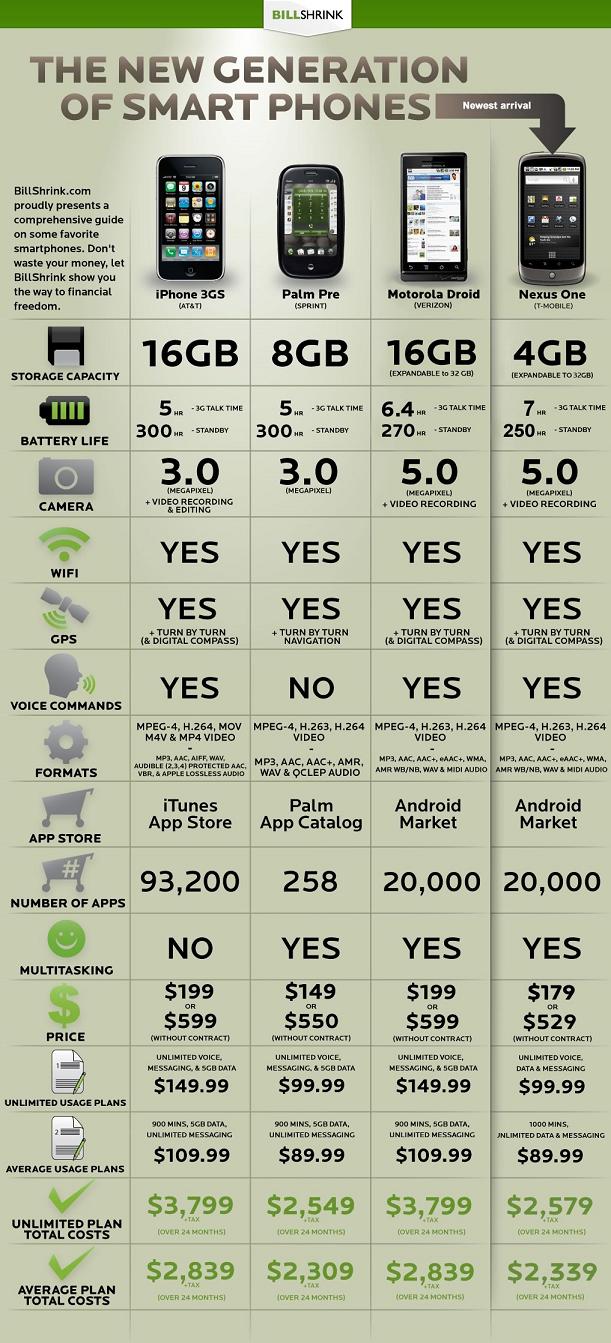Health care is one of the most searched topics on the Internet. From questions about which plan is best for you, to information about different medical conditions, the Web is often the first place people turn for answers.
Check out these eight startups that are revolutionizing the way we understand and utilize our health care to make life a little easier.
1. stickk
With its roots beginning at Yale University, stickK co-founder Dean Karlan noticed a need for accountability when it came to personal health. Karlan himself fell victim to the habit of setting weight-loss goals and never seeing them through. After entering into a financial contract with a friend to lose 38 pounds each, Karlan realized the true power of accountability. With major money on the line and an added ‘no negotiation’ clause, both men found themselves 38 pounds lighter at the end of their trial. Inspired by his success, Karlan wanted to share his newfound “Commitment Contracts” with the world.
So, how exactly do these contracts work? You begin your contract by setting a personal goal. This goal can be anything from shedding some unwanted pounds to quitting a bad habit, such as smoking. Once you set your goal, you can add financial incentives—deciding where you want your money to go, should you fail. Then comes your referee. Users can designate a friend to be their personal goal monitor—who reports back to stickK on your progress. Finally, you can select supporters to cheer you on in your commitment to personal health.
2. ZocDoc
In 2007, ZocDoc was created to provide the citizens of New York with a way to make dentist appointments online. Four years later, it has evolved into a Web site that now serves 12 major cities in the U.S and over 60 fields of expertise. ZocDoc allows users to search by medical specialty, along with your insurance provider and zip code. With one click, all of the doctors in the selected field in your area and insurance network are visible—along with their available appointments. By clicking on an appointment time, you can actually book the appointment on the spot.
ZocDoc continues to be at the forefront of this technology—even adding an app for your phone. They also produce a blog that offers information on everything from different medical conditions to healthy lifestyle practices.
3. Cake Health
If you ask the average person to explain a hospital bill or insurance plan in depth, the answer you’ll often receive is a blank stare. Medical bills and insurance paperwork are the bane of most patients’ existence. That’s exactly what Rebecca Woodcock, co-founder of Cake Health, grew tired of after watching a friend find herself in financial and unnecessary trouble due to a medical condition.
Cake Health offers users a way to track, organize and understand their medical bills and insurance policies. Once you enter your health care information into your personal and secure account, you are able to see exactly where your money is going and even track your deductibles and claims history. Cake Health also offers users alerts and reminders for things like possible overcharges, reaching your deductible and prescription refills.
One Medical Group believes in more quality time with your doctor and less time in the waiting room. Founded by Dr. Tom X. Lee, One Medical caters to an atmosphere of hospitality. Much like with a concierge doctor, patients are given the time and care not often seen in today’s medical offices.
With locations in San Francisco, D.C. and New York, One Medical is changing the way patients interact with their doctors. The practitioners see, at a maximum, 16 patients per day—about 9 less than the average doctor. This allows patients more quality time with their doctors. Patients can also log in to their personal account to book same-day appointments, view medical records and even refill prescriptions—saving an extra trip to the doctor. One Medical also allows patients to email their doctor directly with questions and even treatment updates.
A health technology and services company, RedBrick Health is leading the health care industry to Consumer-Owned health. This concept allows employers to promote wellness in their company, as they guide their employees to take ownership of their personal health.
RedBrick offers personal wellness programs—such as biometric health screenings—to employers looking to decrease their insurance costs. These programs reward healthy behavior in employees while also promoting long-term healthy lifestyle choices. They believe healthier employees increase productivity in the workplace. RedBrick stands by their mission to help people live the fullest and healthiest lives they can possibly live.
6. Avado
With products for both the provider and patient sectors, Avado is changing the way doctors run their practices—making visits easier on their patients. Their Patient Relationship Management (PRM) system offers a way to effectively engage in a partnership with their patients. The PRM allows doctors to send patients reminders to take their vitals, perform their physical therapy and even reminders to take their medicine.
Avado allows patients to have a true relationship with their physicians, and at the same time, feel like they have a voice with their personal health care. Avado’s PRM system is a great way for patients to record and track their health history by uploading their vital statistics. This tool is not only helpful to individuals, but to families in need of organization when it comes to their medical needs.
7. Bloom Health
With a vested interest in both employers and their employees, Bloom Health is changing the way you can choose health insurance. Bloom Health offers employers a way to give their employees options when it comes to health care.
How does it work? Employers offer a defined amount of money toward each employee, and through Bloom Health’s personality report, individuals can choose which plan suits them best. After taking a quiz, employees are given the best insurance plans based on their individualized results. Next, they can compare and contrast plans against what they currently have. Should the employee choose a different plan, Bloom Health takes care of the application process with one click.
8. Sharecare
Realizing the educational power of the Internet, Dr. Mehmet Oz and Jeff Arnold created Sharecare—an interactive Q&A platform to provide quality health care information to the public. Sharecare gives people clear and concise information about their health, all in one place.
Renowned doctors, expert researchers and leading medical professionals come together to offer the most current treatment options, wellness advice, nutrition information and much more. Commercial brands answer questions about their products, so users can make an informed decision about their well-being.
Sharecare established an Advisory Board, hosting the finest medical professionals in the industry. They represent the different areas of medical expertise and are committed to consumer health education. Sharecare also has an A-Z reference library for many medical topics. Simply type in a question and get instant answers from top medical professionals around the world.


